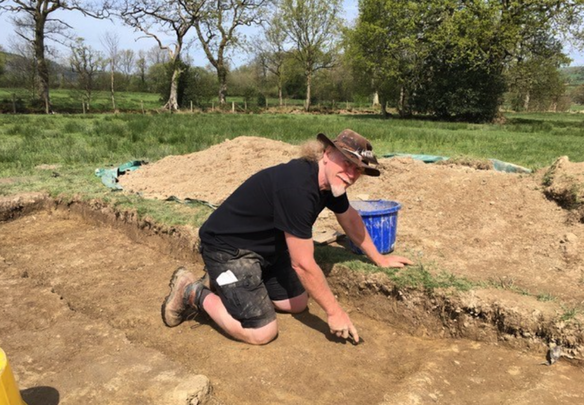A new study examining the ancient links between Ireland and Wales has put forward a theory that the first settlers to arrive in Ireland traveled from Wales.
Some archaeologists involved in the Portalis archaeology project have argued that the Welsh coastline was closer to Ireland in ancient times and the water levels were lower, facilitating travel between the two countries.
However, other archaeologists involved in the project claim that there is no evidence to suggest that the first settlers in Ireland traveled from Wales, arguing instead that the first settlers would have traveled across a much narrower crossing between Scotland and Northern Ireland.
Dr. Martin Bates of the University of Wales Trinity Saint David is involved in the new study and told RTÉ that he has been unable to find evidence of links between Ireland and Wales more than 12,000 years ago.
He added that the Welsh theory would be supported if archaeologists discovered evidence of human life in Ireland dating back more than 30,000 years.
A recent archaeological discovery in County Cork suggests evidence of human life in Ireland 33,000 years ago, but Dr. Bates told RTÉ that this evidence is contested.
The Portalis project sees archaeologists carrying out excavations in both Ireland and Wales. Dr. Bates is currently involved in an excavation in mid-Wales as part of the project, while American firm Genealogy Research Associates is carrying out excavations in Ireland.
The findings of the study are expected to be published within two weeks and are expected to shed further light on the issue of how the first settlers arrived in Ireland.
Launched in February 2022, the Portalis project attempts to explore the earliest connections between Ireland and Wales, studying how the first settlers adapted to their surroundings in order to survive.
The project also aims to raise awareness about the importance of protecting natural and cultural heritage in Wales and Ireland through public archaeology events and a film documentary.
The project will also create visitor experiences and virtual tours.




Comments